In the last few weeks, blogging has changed almost entirely.
I’ve been getting a lot of emails from my readers asking me why they’re experiencing a sudden loss of traffic and revenue.
If you’re also seeing similar stats across your websites – please don’t fret.
You’re not alone.

Many things have gone down (the first massive change happened in September 2023), and Google’s algorithms have been evolving daily. Many people have experienced de-indexing. This means Google has completely de-indexed blogs and websites from their Search Engine (these websites won’t appear for any search query on Google).
Scary? Yes.
Hopeless? Not quite.
I’ve been studying everything happening, and I haven’t published many posts on my websites—because it’s pointless to throw spaghetti on the wall and see what sticks when the rules change daily.
It’s a serious waste of time.
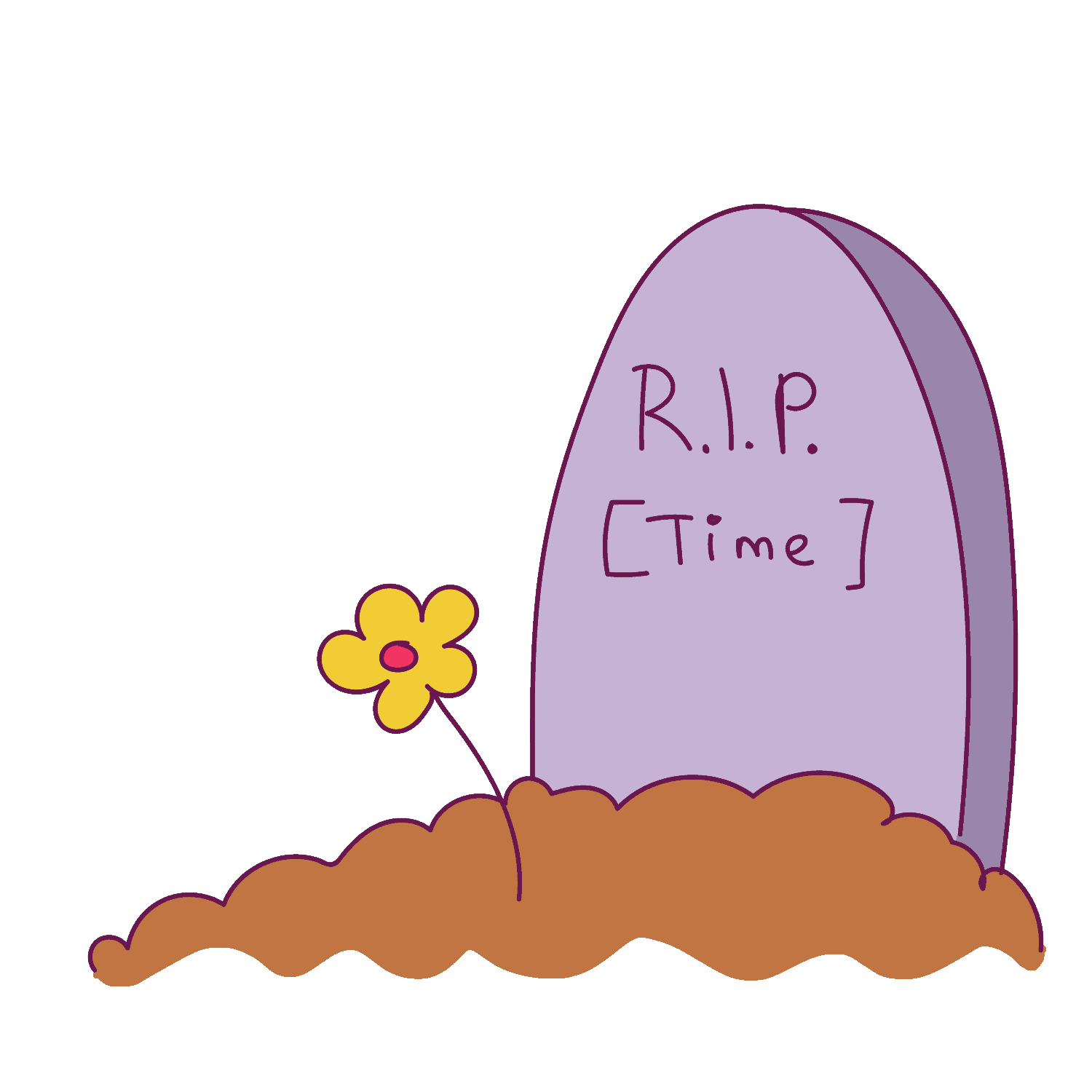
So, in this post, I’ll discuss:
- Why are we losing our traffic?
- How can we slowly shift and recover from this sudden loss?
- What to do to bullet-proof our business
As always, because this post will be information-heavy, it will be slightly long.
Let’s begin.
This post includes affiliate links, which means I may earn a commission if you decide to click and purchase things at no extra cost to you. This money is used to pamper my poor, darling pups.
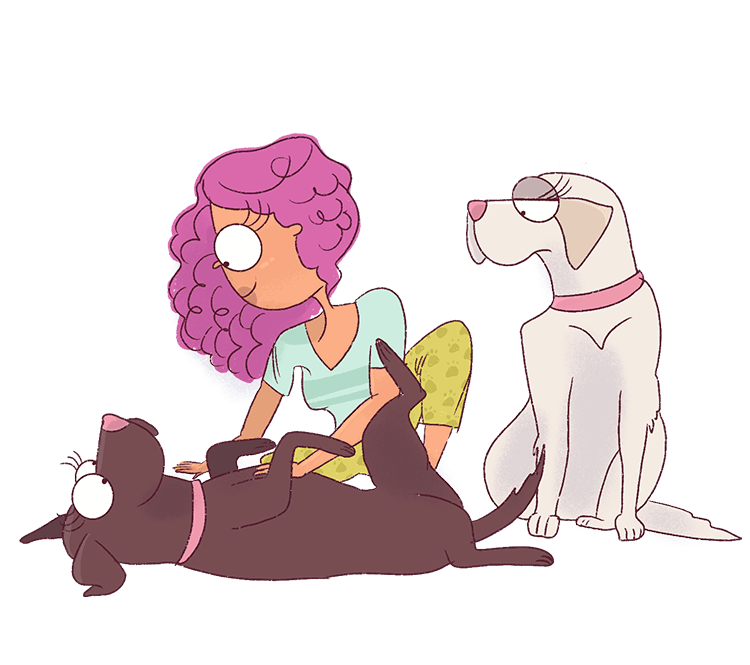
1. What exactly has happened in the last few months? Why should it concern bloggers?
Google launched a helpful (more like nasty) update in September 2023.
It was aimed at reducing traffic to websites using AI.
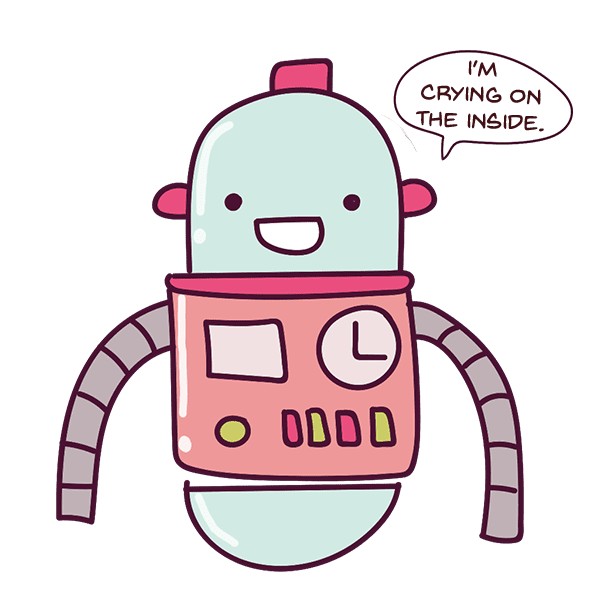
Unfortunately, hundreds of thousands of good bloggers (who’ve never used AI) got caught in this wave and lost anywhere between 10-70% of their traffic.
This was the beginning of the end.
In the last few weeks, Google has been releasing continuous “helpful” (I use the term loosely, because it’s been anything but helpful) updates to remove content that it deems unhelpful or gibberish.
However, upon looking up multiple queries and topics, I’ve noticed that mostly unhelpful, uninformative content is displayed on the top, content written by huge companies like Forbes, Wikipedia, or worse, Reddit.
Reddit is good, but it’s not expert advice – I wouldn’t want advice about my dog’s health coming from a random person with “dog” expertise. I’d prefer it coming from a vet or a person who’s studied medicine.
However, now, things are very, very different.
Please note that these websites do offer some good information – it’s just not thorough or detailed.
It’s very bleh.

Bloggers all over the board have lost traffic – and it’s across every niche in every country.
Alarm bells started ringing in my head when I noticed that bloggers I look up to for advice have reported that their websites have ben de-indexed entirely from Google.
Most of them have shut down their blogging courses or have taken time to recuperate.
I understand and sympathize because what we’ve known to be true all these years has suddenly become obsolete.

All of these bloggers either used AI sparingly or heavily edited their content – I’ve read their blog posts, and it was top-notch quality.
So, if they reported losing traffic, I can only imagine how horrible it must be for the rest of us.
If you’ve lost traffic or you’ve seen a considerable dip, please don’t panic.
It isn’t good, yes, but I will talk about recovery and how you can slowly climb back up again.
2. So what does Google want? Have they explained their new rules for ranking websites?
I understand your frustration if their updates have hit you.
Upon reading their continuous updates and announcements – I have compiled the following: (Please note that if it sounds confusing, that is precisely how they intend it to be)
1. Write only helpful content
Google says you must write helpful content, but it should not be evident that it’s meant to address a specific query.
If you attempt to answer a question in detail to climb the rankings, you are being a manipulative mynx and must revert to writing like a caveman.
But at the same time, it should not be gibberish – it must be organized and helpful.
2. Do not make your blog posts super long
Although Google wants helpful content – you must not add an FAQ to the bottom (that’s way too helpful) and will be manipulative in their eyes.
They don’t want long-form content – it can seem like you’re trying too hard.
Google will automatically assume that you’re trying to rank for multiple queries, so write short, unhelpful content that’s helpful at the same time.
3. Do not write too much content
Write a few blog posts a month – but if you start writing a lot of content, they will assume it’s AI, or you’ve hired writers because you’re running a business, and you’ll not be ranked.
Again, they want you to have a consistent posting schedule, but at the same time, it should not be like a LOT.
Their mystery schedule for posting content has not yet been declared.
If anyone has mind-reading powers or knows how to read the stars, please contact me so we can understand Google’s new posting requirements.
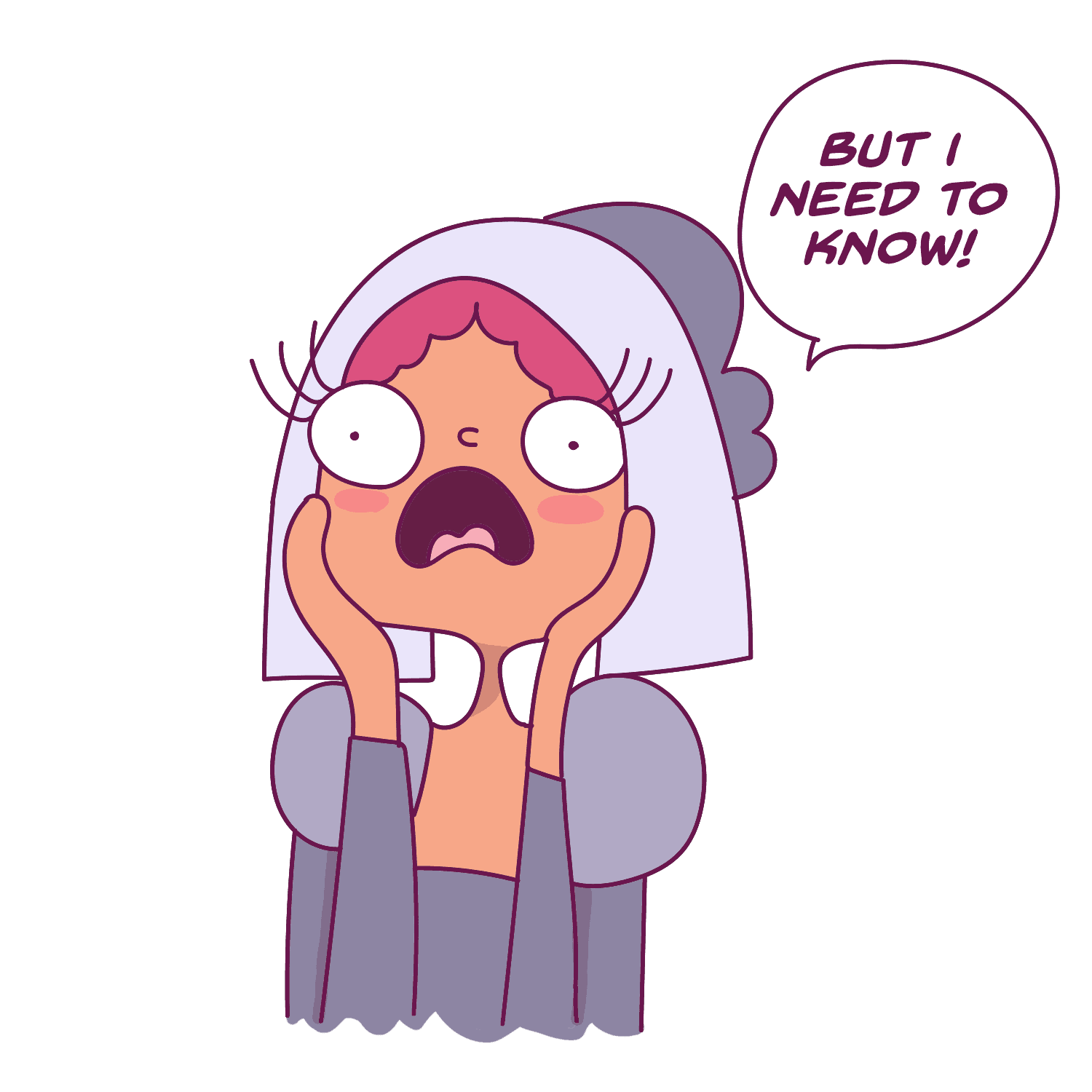
4. Do not have too many ads on your website
Google does not want greedy guzzlers who post for profit.
Write only because you’re a wealthy drug lord who’s doing this for passion. Making money with blogging is now considered selfish and downright evil.
So, instead of putting ads on your websites, you can sell your services (but don’t promote that because that isn’t good in their books either).
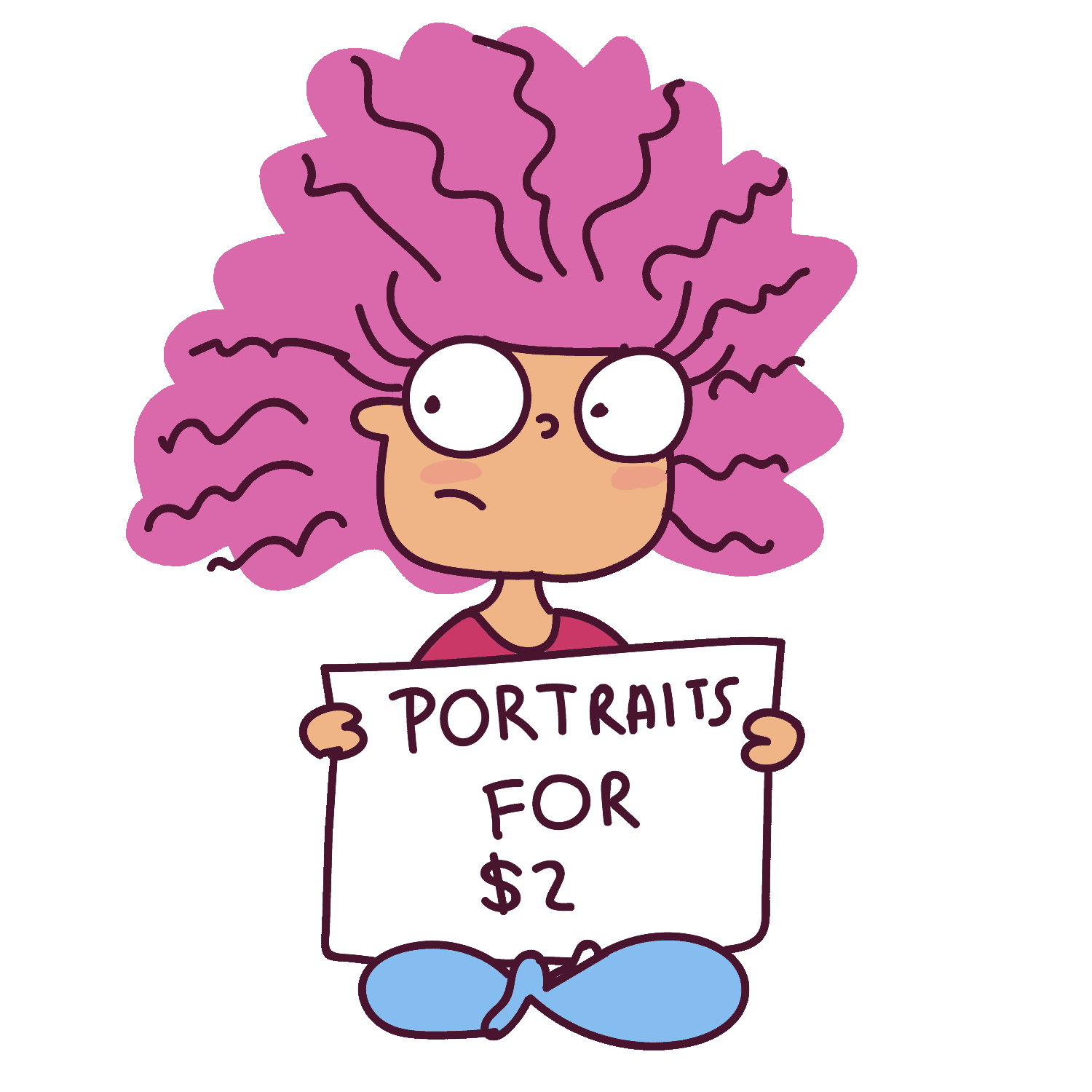
If you found all of that confusing or weird – it’s meant to be.
I’m sorry if this was slightly sarcastic; I need to channel my frustration somewhere.
I highly recommend you write for yourself at this point. Do what your heart tells you to do and write because you love to write.
3. Are niche blogs done for?
No, just because Google has said a massive f**k you to everyone who writes doesn’t mean that niche blogs are history.
I didn’t mind losing traffic to my art blog and my hair blog; there are so many other websites that provide good information on par with those.
But I did lose my cool when I saw that my relationship blog (the blog I started to help women with relationships, divorce, death, etc) lost traffic.
There is no AI post on that blog and no affiliate posts or sponsored content on that website.
It’s pure advice straight from my heart to help people heal mentally and emotionally.
And yes, it lost traffic, too.
I saw the posts now ranking for the queries I used to rank for – and I can honestly say it’s trash.
I’m not being mean; I’m being honest.
I understand that Google doesn’t owe me traffic, so I have to make peace with it.
4. Are the SEO gurus wrong?
SEO (Search Engine Optimization) is something that has worked for many, many years and decades.
Basically, you aim for a particular long keyword or topic, write about it in gory detail, and then rank for that query on Google.
Google would release news on how to approach SEO properly, and all the SEO gurus and their students would follow it to a T.
It worked.
Until it didn’t.
So, the fact that Google turned around and screwed everyone over (despite following the same rules) doesn’t mean we’ve done anything wrong.
It’s simply bad luck.
We took things for granted because Google was good to us for so many years.
Every time they released a new update, people would lose some traffic and then recuperate by making the desired changes. But these particular updates were monumental – and all the good guys lost.
It isn’t easy, but this is the internet.
And we are in a field where we need to adapt.
It may seem like an uphill climb – but I tell everyone who has gone through this – take it one step at a time, love.

We now need to diversify our traffic sources more than ever.
5. Is SEO dead? What do we do now?
I wouldn’t say SEO is dead.
Not entirely.
I still wouldn’t write a post on red apples and expect it to rank for a dog query.
The basic principles still apply.
But now, I feel we have more freedom to write about things more naturally.
This is a HUGE pro.
Let me explain.
Earlier, I recommended that all students write a 200-word introduction and then format the post using a systematic outline: H2, H3, H4, and so on.
I’d also tell students to put the query in the blog title so that people can find your blog post on Google when they type the query matching your blog post title.
But now, I feel we can somewhat write naturally and use a more talking style when writing, not being so stringent with all the SEO rules.
Use more natural writing, which is less robotic in a way.
In short: Write for humans, not robots.

I’m now covering multiple topics without researching keywords – just because I can now do so.
Ultimately, it now makes no difference since Google no longer follows its own ranking rules.
I’ll get into this more in a bit.
6. What can we do to recover lost traffic?
At the moment, traffic loss is universal.
Please know you aren’t alone.
We’re all in this together.
So, it’s okay to take your time to recoup and slowly shift strategies.
Make peace with the fact that this has happened and AI has kind of crapped over blogging.
Here are a few things you can do (I’m implementing this as well) to recover lost traffic:
1. Start an email list

Pronto, pronto, pronto!
Create a freebie (turn one of your best blog posts into a mini-ebook and give it away for free) and put the damn opt-in form on every single blog post.
This will help people sign up for your newsletter.
Send out a newsletter every week – to get clicks to your website.
It will grow slowly, but pat yourself on the back for taking action and converting subscribers to free traffic.
Good job, you.
2. Start using social media
If you hate social media, I’m offering you a big hug because I know how you feel.
I’m right there with you.
But now, we have no choice – we need to diversify.
So, pick the 2 social media you hate the least and board that train.
Remember why you love blogging and sharing your writing with others, so start creating posts on social media.
Develop a human side and try connecting with people – you must build an audience manually.
Some people love Instagram because they’re so visual, and some love Twitter because they’re witty.
Either way, pick two and start posting wisely.

The way to stand out on social media is to be natural. Try to just be yourself. And offer kind, from-the-heart advice.
Talk like a human. Write like a human.
And remember to be consistent.
Follow these 2 rules, and you will succeed, I will go over them again:
- Be human
- Be consistent
And grow your blog traffic using social media.
3. Utilize Pinterest
Pinterest STILL works very well for my blogs; I need to stop being lazy and use it more.
Pins I created a year ago still bring thousands of page views and subscribers to my blog.
Yes, your pins can be directed to your website or landing page pages to gain more email subscribers.
You can download my FREE Pinterest Canva templates here:
If you’ve been using Pinterest and it’s not working for you, please take this course.
I have followed Carly and her Pinterest strategies for over a few years.
She keeps updating the course to include what’s working and what isn’t.
She talks about how to design your pins, pin manually, and write titles that get clicks and pique people’s interest.
Her methods work for almost all niches.
But if the course is too much for you at this point, just get one of her mini courses – I highly suggest this one that teaches how to write titles because this makes the biggest difference for your pins.
This was the first mini-course from Carly I purchased, and when I realized how good a teacher she is – I got the full course.
7. How do we make money now that traffic is low?
I understand that it’s going to take a while to grow traffic.
I’m sorry if you were good at SEO and you lost a huge chunk of your traffic.
Nobody expected this to happen.
And while you’re getting there, I highly recommend diversifying your income sources.
Let me give you a few tips.
1. Sell digital products
My Etsy Store and my eBook shop here on Stray Curls continue to do well.
I sell clipart at my Etsy store and eBooks at my Stray Curls shop, and they’re bringing me a nice, decent income.
I highly recommend trying to sell any digital products.
You only need Sendowl if you’re selling on your website.
Etsy is free, but you do lose on Transaction fees.
2. Start selling a service
SEO is still essential when it comes to selling services.
Let me explain.
My younger dog was recently diagnosed with kidney disease, and I looked up solutions. I found a nice video of a dog nutrition expert explaining what ingredients to use for specific kidney diseases, and she said that people can book calls with her because there is no all-in-one solution.
So, this is a service she offers online and can be booked online.
Similarly, ask yourself what service you can offer online. Maybe you can talk to people about a certain problem and help them with it.
Offer that service.
I still do coaching, and occasionally, I take up illustration jobs if the project interests me.
My friend offers make-up workshops online, and she pays for display ads on Google to collect leads.
She spends about $100 on ads to make $200 per session.
It works.
Your profit needs to be higher than your spending cost.
That’s all.
So, make a service page and start earning money via your website. I explain ways you can calculate profitability and feasibility in my eBook, The Profitable Side Hustle.
3. Do side-gigs
You can also consider taking up work that doesn’t include blogging until your traffic grows and becomes more stable.
I highly recommend doing this if your finances are drying up and you require money to pay bills.
4. Network
If you have certain friends in the same field, you can collaborate and offer the other person’s freebie to your newsletter to gain subscribers from each other’s lists.

This requires building connections and will take some time, but I thought it was a neat idea!
Conclusion
If everything is too overwhelming for you, take a break.
I understand that this information is a little heavy.
And we are all in this together.
I will periodically update you with any new research I learn about Google or Traffic.
In the meantime, lying low and waiting for the dust to settle is okay.
As I said earlier, being in this field requires us to adapt to change.
Let me know if you have any comments or want to add anything to the conversation – I’m more than happy to hear your views.
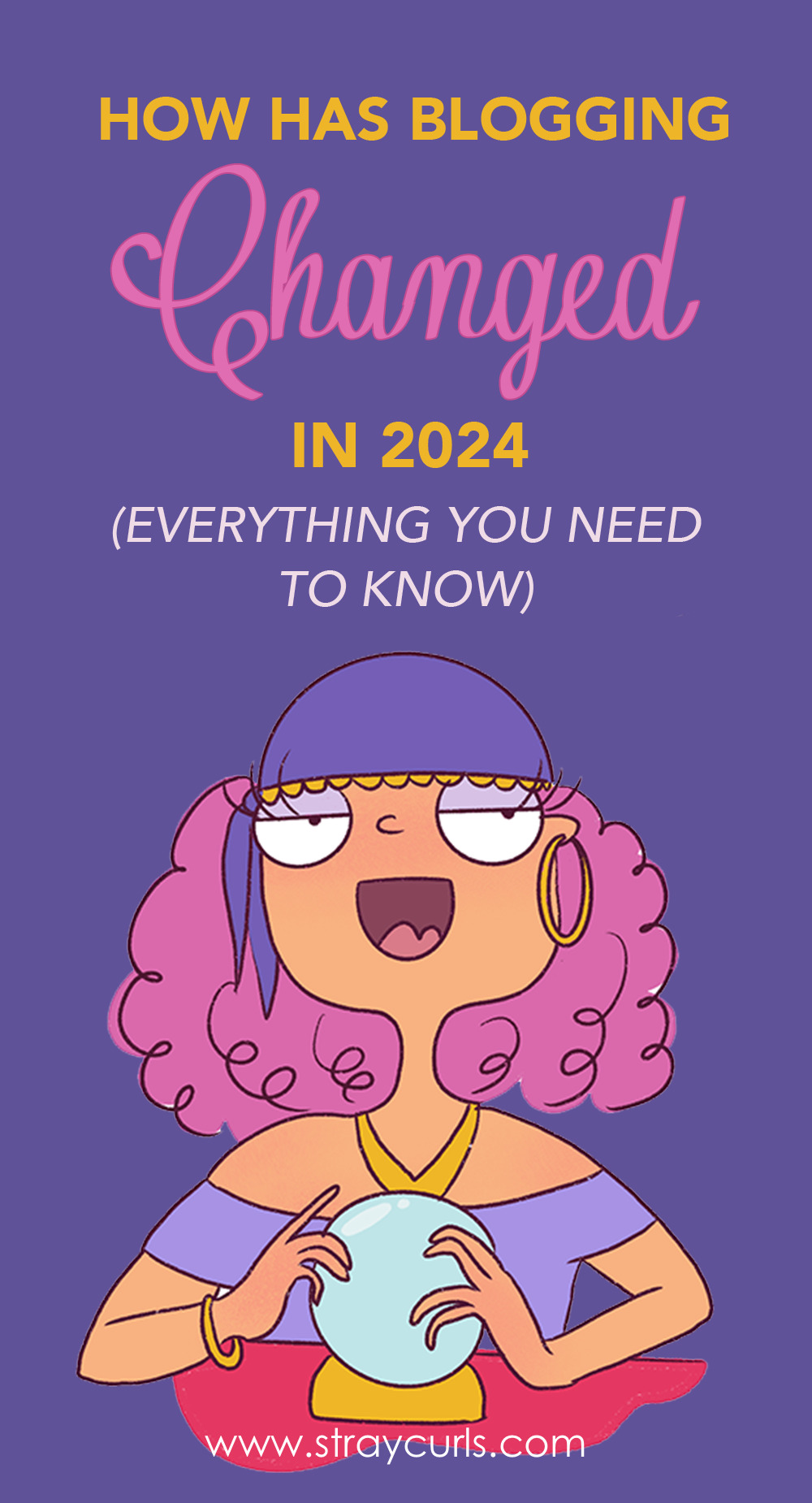
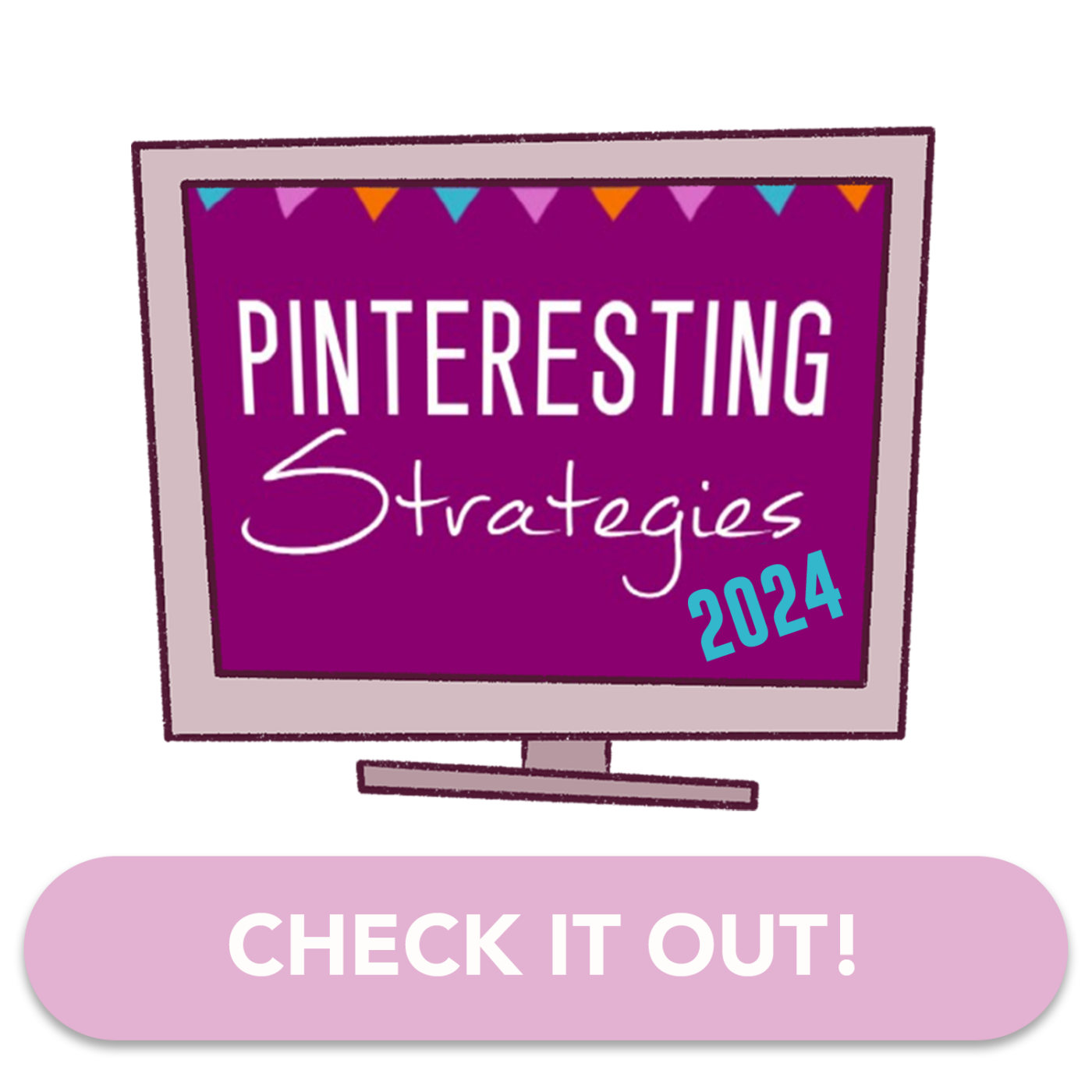
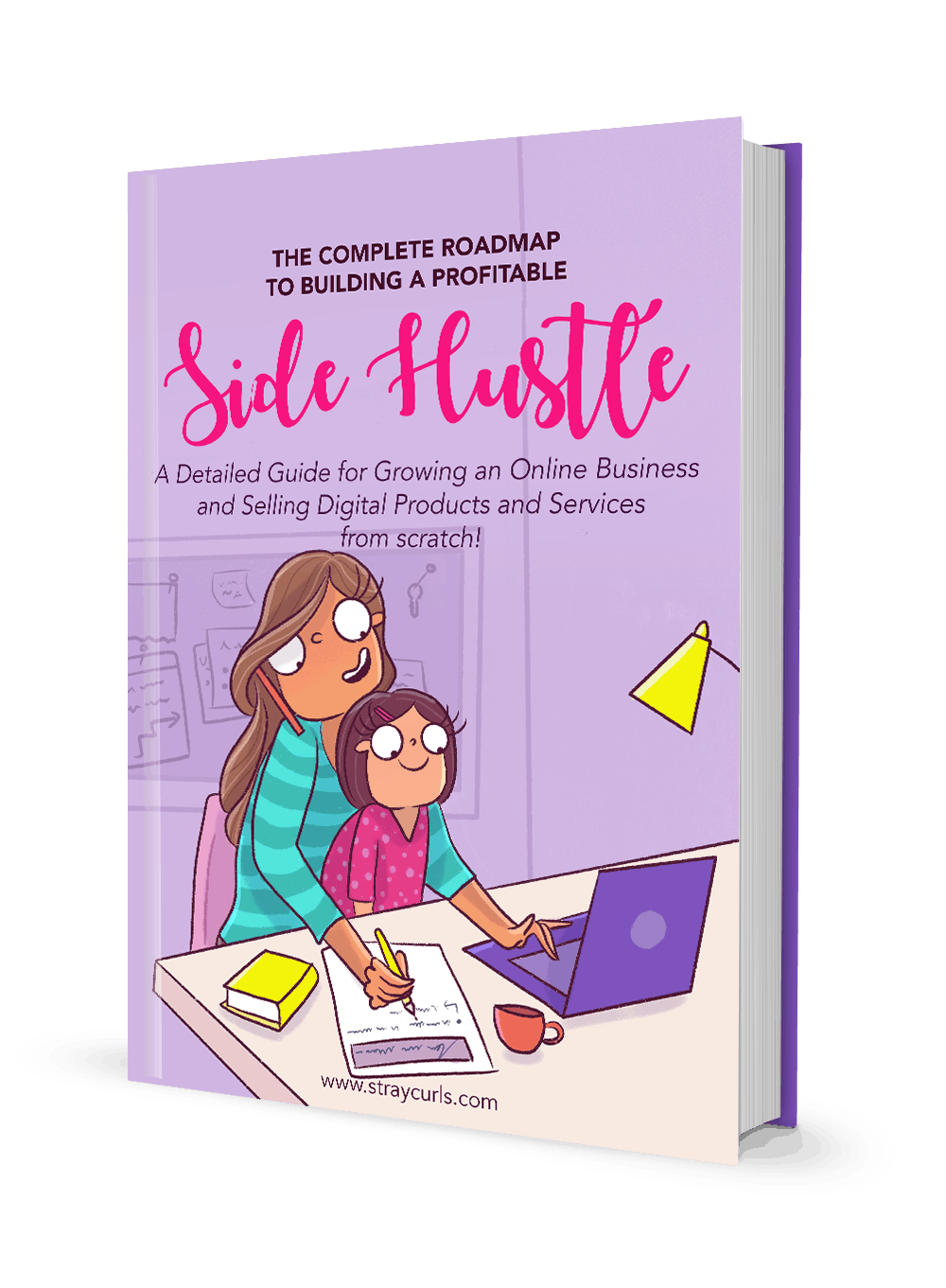


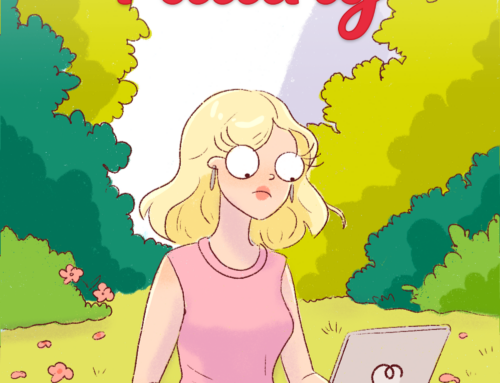
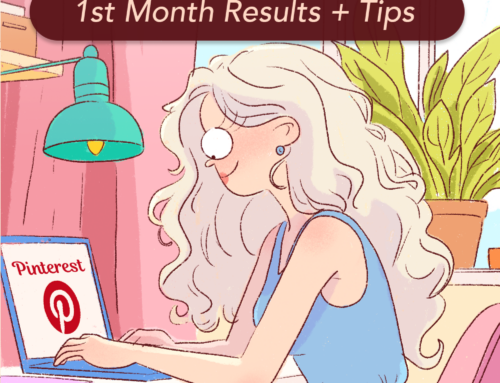

Haha read after crafting a long form how to guide and I lost the motivation. I’m bouncing back to blogging, I stopped blogging in 2021 when I sold my blog so thought google still favors SEO optimized posts. Thanks for the heads up
You’re welcome Zaynab – I guess they need time to figure out how to rank websites now – it will take a few months for the dust to settle of course, but I do believe that online businesses still have scope.
Warm regards,
Angela
Gosh! I’ve been waiting for your input on this whole Google update thing. Reading this post has helped relieve some of my worries, as I can relate to you more. I have three blogs, and all of them were hit. But Pinterest has been helpful.
It’s annoying to see blogs like Healthline rank for keywords like DIY sugar wax recipe when they never make them or take original pictures like me, and other DIY skincare bloggers do.
Also, seeing publications like the New York Post, etc.. rank for keywords about reselling from home over people who actually resell and wear secondhand fashion is also painful.
Sometimes, I want to throw in the towel, but I can’t because I like to see things through. Also, I don’t like the thought of abandoning my readers just like that.
I don’t have a lot of traffic, but I value the people who read my posts regularly.
That’s the only reason I continue to show up.
Thanks for all you do.
Hey Bridget,
Yes, I’ve been wanting to talk about this for a while but because of the continuous changes, I needed to wait till I had sufficient information. I’m so sorry all your blogs were hit – I really am. But yes, you’re right – Pinterest has been working well.
I can quite honestly say, I feel you – Healthline has been ranking for multiple terms I used to rank for as well in the mental space. I do feel it because their posts (although good) are written very formally with no kindness or delicateness. And like you said, you’ve been adding photos and it still wasn’t enough for Google.
I am continuing to blog for the same reason – knowing that we still have loyal readers and are making some sort of difference is enough.
I appreciate you. Thank you for letting me know that we’re all in this together.
Continue to blog – you’re a good writer.
Love,
Angela
Hi Angela, I am facing a dip in the organic traffic too, however, you are right, Pinterest is still working. Thanks for the suggestions about what to write and how to. I have always experienced that the random small posts have ranked and the detailed ones didn’t. Now I know the reason why. Thanks for this heads-up! I hope that Google acts in favour of genuine bloggers soon!
Yes, Pratishtha, you’re right. It’s much better to write small, posts that are more natural sounding – those will do well on Social media too, because people like easy-to-read, simple posts.
I don’t think the old Google will ever resurface, I feel their changes are somewhat permanent, but right now, we must diversify our traffic – that’s the only way we can survive.
Love,
Angela
“I highly recommend you write for yourself at this point. Do what your heart tells you to do and write because you love to write.”
I think that’s the best advice I’ve seen when it comes to dealing with the havoc AI is raining down on creatives. I remember back in the late 90s (when the Internet was exciting and new) how many really high-quality blogs there were. This was before widespread monetization, so the people running these sites were doing it solely as passion projects and to connect with others who shared the same interests. I’m in no way against earning money through blogs and other creative pursuits– I do it, too– but I also think the modern-day internet would be a better place if we created content primarily for the enjoyment and community of it (and looked at any financial gain as a wonderful bonus to our favorite hobby).
I’m also finding inspiration from studying the Arts & Crafts Movement that sprang up about ten years after the Industrial Revolution in the late 1800s. The sudden jump forward in technology cratered the careers and generational businesses of thousands of traditional artisans and many heirloom skills were almost lost to history. But eventually the pendulum swung back and people started to see the value of human creativity again. I anticipate that the next few years will be rough but I am hopeful that a similar movement will arise, embracing what is real, quality, unique, and human.
In the meantime, thank you for your advice and motivating posts and newsletters! You’re awesome! ^_^
Hi Destiny,
It’s good to hear from you again. Thank you, I believe that with all my heart now, to write from the heart. Emotion-backed posts also do well on Social media.
Yes, the 90s were solid gold. I think it was the best era we had, all things considered. I still sometimes wish I could relive it because we had the perfect balance of technology and natural life. As of now, it’s slightly haywire. I loved that in the 90s, people used phones and computers as an addition to their lives. But right now, it is the centre if not majority of our lifestyle.
Yes, you’re right. The next few years are going to be very rough – all writers and artists (creators of any kind) will be made redundant – I worry for our future, to be honest. But the only thing we can do is take it one step at a time and by placing value on human connection, maybe we can slowly spread the word and hope that AI will move to where it was originally supposed to go (Medical/Technological/Research spaces) and butt out of our creative spaces.
Your words mean a lot to me Destiny, thank you for your input – you hit it on the nail really.
Love,
Angela
Hello! I have all your Ebooks, can we continue paying attention to everything said there? Do they still work? And I miss your emails in my email inbox. I haven’t heard from you. Thank you very much for your reflection.
Hey Evy,
I have slowed down for a bit, but I promise I will update you with any new information I learn. I’m currently doing a lot of research to understand how to get back to blogging properly and not depend on Google Traffic. Apart from paying too much attention to Google, yes, the strategies are still right – especially when it comes to writing posts, sharing them with your audience, being human, implementing sales funnels, etc. It’s all important.
I will be sending out an email today. =)
Let me know if you have any other questions, more than happy to help!
Build an email list, utilize social media platforms, and try Pinterest to drive traffic to your blog.
Yes, these are all the methods I’ve been using as well. I’m hoping for the best!
Thank you for this very informative post! I finally started a mom blog (still under construction as I find my brand colors lol) and kept wondering if I entered the blogging industry at the wrong time but maybe not? Since I’m new at this, should my main focus be gaining traffic before trying to monetize it? And should newbies like me take this as an opportunity to find what we like writing about to find our niche or are niche blogs completely done for?
Hey Maria,
Thank you so much for your question. No, you haven’t entered at a wrong time. The thing is, blogging has always had its ups and downs. It’s been this way forever. No strategy (tip or trick) works forever. At some point, a huge algorithm change happens and we need to find a new method that works.
You can implement affiliate marketing from day 1. But please get 10K pageviews before you apply to either the SHE Media ad program or the Journey Ad program.
Niche blogs are more niche audience now. Meaning let’s say you’re starting a blog catered to moms – you can blog about food for toddlers, productivity hacks for moms, fashion for new moms whose bodies have changed, etc. Basically you don’t need to niche down so much anymore – which is a good thing. You can now write about more topics.
Hope this helps, let me know if you have any more questions.
Angela
Thank you for your lovely response and for an awesome blog post!! Looking forward to building up my blog more because of you! ^_^
You’re most welcome Maria, I’d love to see your blog by the way. =)
TQ for sharing the valuable information about the animation courses.. please keep sharing like this!
You’re most welcome Srinivas. =)
Interesting Post!!! Loved reading this .
So glad you loved it. =)
Nice blog post to read!!!
Glad you enjoyed it Viren. =)
After the May or April update, I was frustrated, hence I sold my blog for a couple of bucks due to loss of traffic. I was pained. I am starting a fresh now. I hope I gain favour, because their is no motivation starting a blog unlike before. No more excitement. Maybe their will be once I start seeing some positive movement in traffic.
I understand, a lot of people did the same. I sold a blog too. I hope things are going okay for you now, it’s going to take a year or two for things to stabilize. Of that, I’m sure. <3 What strategies are you implementing now?
Warm regards,
Angela
I really enjoy the blog.Really looking forward to read more. Want more.
So happy you love it – I write posts frequently, so just be sure to sign up to my newsletter to get updates!